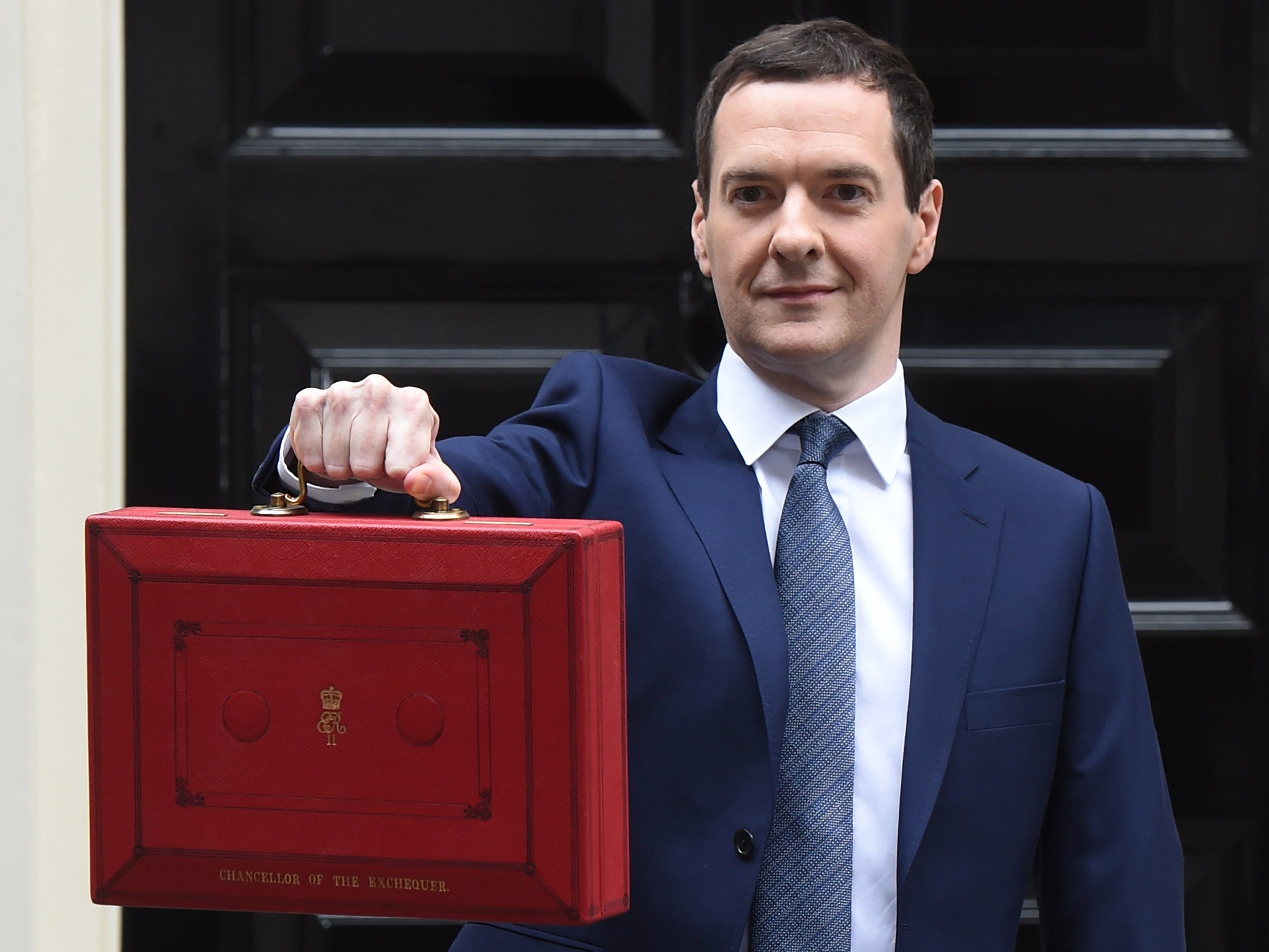Cap on price of care for the elderly shelved amid warnings of 'cataclysmic' collapse in services
Decision understood to be partly result of proposed minimum wage increase

Plans to limit the amount paid for nursing care by Britain’s growing elderly population have been mothballed for at least five years after ministers were warned the move could lead to a “cataclysmic” collapse in services.
The Department of Health has announced that measures to cap the total cost of residential care at £72,000 would not be implemented until at least 2020 because of “genuine concerns” about their introduction.
The Independent understands that the decision was taken partly as a result of George Osborne’s surprise announcement in the budget that the national minimum wage would rise to £9 an hour by 2020.
Ministers in the Department of Health had not been consulted about the move in advance – which will add at least £1bn a year to nursing-home costs because of the number of care staff employed on the minimum wage.

“It would be fair to say that no work had been done on how we were going to pay for it,” said a senior Government source. “The first the Department of Health knew was when George Osborne announced it in the Commons.”
Local councils, who fund the vast majority of nursing home places, warned the Department they could not shoulder the additional cost within existing budgets and would need central Government support. Ministers were warned that unless this happened there was a high risk of care homes going bankrupt.
With the proposals to cap care costs expected to add £6bn to public-sector spending over the next five years, ministers took the decision to put the scheme on hold until 2020 to pay for the new minimum-wage commitment.
But while local councils and charities broadly welcomed the move – believing it will free up money to invest in the sector – it means elderly people will continue to have to sell assets to fund their care. When the Health Secretary Jeremy Hunt announced the scheme in 2013 he said its main aim was to avoid this.
“The worst thing that can happen is, at the most vulnerable moment in your life, you lose the thing you worked hard for, that you saved for: your own house,” he said.
“What we are trying to do is to be one of the first countries in the world that creates a system where people don’t have to sell their own house.”
But in a letter to the Local Government Association, the Care Minister Alistair Burt said the department had listened to concerns from councils and would now delay the “timetable for delivery”.
“We will not be complacent: we will work hard to use this additional time to ensure that everyone is ready to introduce the new system,” he said.
Izzi Seccombe, chairman of the Local Government Association’s community well-being board, said the delay was a “positive recognition” from the government that it should not try to reform the way people pay for adult social care when the system was on such “unstable foundations”.
“In an ideal world, we would have funding for both the system and the reforms but we have to be realistic about where scarce resources are needed most,” she added.
Charities said the move highlighted the strain the social-care system is under and called for “significant” investment to bring it back from the brink of collapse.
Join our commenting forum
Join thought-provoking conversations, follow other Independent readers and see their replies
Comments